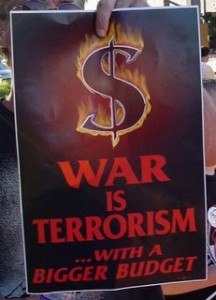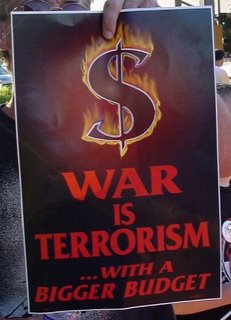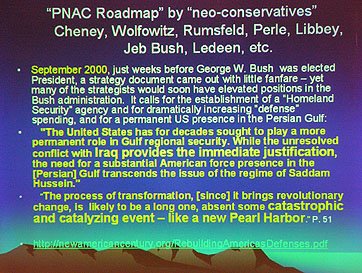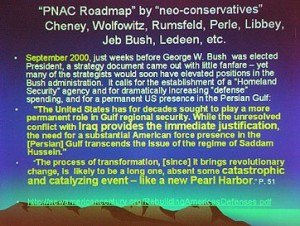 You may question how much the CBS television show The Unit blurs the line between reality and fantasy, but there is great value in its exploration of the kind of difficult situations the jihadis already have or will soon confront us with.
You may question how much the CBS television show The Unit blurs the line between reality and fantasy, but there is great value in its exploration of the kind of difficult situations the jihadis already have or will soon confront us with.
The show follows the members of an elite US counter-terrorist unit and their families, with each episode weaving several family/military, home/overseas subplots together. Last night’s episode titled “Change of Station” (2nd season premiere) involved a most relevant subplot.
Situation:
Pakistan/Afghan border, Taliban country. Martyrs self-infected with smallpox have boarded a bus, on their way to an airport, from which they will depart for a dozen major cities.
This is not mentioned in the Yahoo summary. The ramifications of such an attack — a smallpox pandemic wreaking worldwide death and chaos — are not explored even in the episode, but anyone reading the news should realize it is not a far-fetched scenario. Either the writer or the broadcaster probably thought it best not to drive home the point.
Well those of us who do read the news and do think about it can’t ignore such threats. We have some homework to do. Imagine yourself in charge as such a scenario unfolds. You have been told such the plan is in play. You know what the attackers will do and when they will do it.
Decisions required:
Do you take them out or let them move unhindered until they commit a crime?
If you take them out, where? When they land in the US? Before they leave Pakistan? Before they get off the bus?
How many innocent people do you suppose Howard Zinn would allow to be “indiscriminantly” killed in order to prevent an “indiscriminantly” concocted smallpox outbreak that would cost millions of other innocent lives?
Suppose we could literally bomb a single bus and know we’d kill only attackers, all with explicit suicidal/homicidal intent. Would killing them be ok? Would it be justified to question the motives of those who wouldn’t take the obvious path toward saving lives and minimizing suffering?
How many pacifists might be roused from their Copperheaded foot-dragging and conspiracy theories by the realization that they are making the suffering worse by emboldening our enemy and lengthening the conflict? How many actually intend to undermine our side, for whatever twisted reason?
Civilization has hard choices to make. We need sensible, reasonable, fair-minded people to make those decisions. We don’t need partisans who can’t stop tantruming because they or their party aren’t in power.






